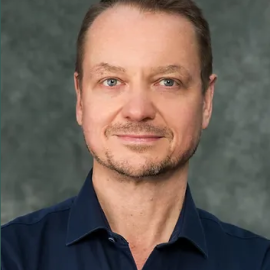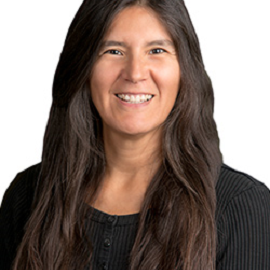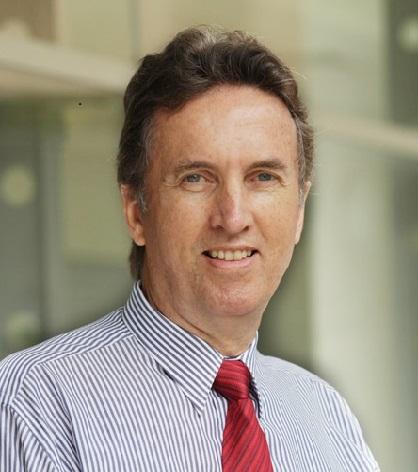Thank you for your message. The IPPA team will get back to you shortly. You first need to login here.

ROUNDTABLE
Transformative Policy Futures in the Age of Anthropocene
Human impacts on the environment have resulted in epic transformations and inequalities that are evident at all scales. The Anthropocene is undeniably connected to human decisions and public policy failures that transcend boundaries and challenge scalar and temporal dimensions in public policy. Existential threats, geopolitical forces and technological transformations at the interface of climate change, energy, water, food and ecosystem biodiversity have implications for human existence and all policy domains. Yet policy shifts and changes required at the global, national, and local scales seem insurmountable. In the age of Anthropocene, incrementalism and status quo policies are not sufficient. This panel explores whether transformative policy futures are possible. This panel asks panelists to address three key questions: i. Are transformative policy futures possible? ii. What knowledge and governance shifts are evident and required for undertaking necessary transformative policy changes in the age of Anthropocene? iii. What new knowledge and approaches can panelists suggest for thinking creatively about transformative policy futures? This panel presents a diverse set of perspectives from leading scholars whose work focuses on various aspects and scales of the Anthropocene; complex public policy challenges; the nexus between climate change, energy, water, food and environmental policy; the growing challenges at the interface between environment, economic and social policy; transformation and systemic policy challenges and injustices; intellectual and scholarly challenges posed by complexity, uncertainty and inequality; and the need for fundamental shifts at the interface of scholarship and practice related to transformative policy futures. The panel features scholars with expertise from different perspectives who focus on different knowledge, scalar approaches and solutions to these existential threats. The panel features 4 international panelists from global, local, Indigenous and environmental justice perspectives.

MODERATOR:
Carolyn Johns, Full Professor at Toronto Metropolitan University
Speakers

Frank Biermann
Professor of Global Sustainability Governance
Utrecht University

Deborah McGregor
Associate Professor & Canada Research Chair in Indigeneous Environmental Justice
York University

Jola Ajibade
Assistant Professor, Department of Geography
Portland State University

Brian Head
Professor
University of Queensland, Australia





